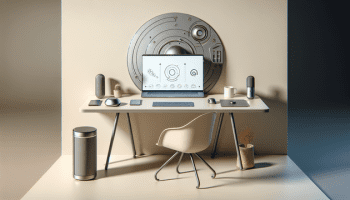Sony is testing game-like achievements unlockables as a way to teach people how to use their smartphones.
The “EvolutionUI” project is a spin on the basic Android interface, turning the tutorial process into a game. Instead of burying new users with instructions, the system limits the number of available features at first, then unlocks them over time as users perform certain actions.
For instance, a new phone may only include a single home screen with a hful of available apps. By opening those apps several times, users can then unlock the full app tray. Moving apps from the tray to the home screen will then unlock additional screens.
As users do more with their phones, they’ll earn achievements experience points, which can be used to level up unlock additional features. Users can also check their progress at any time, compare their progress with friends. By actively choosing when to unlock new features, users may be more invested in learning how to take full advantage of their phones.
Grappling with Android’s intricacy
It’s unclear whether Sony will ever adopt EvolutionUI for any of its phones. In a blog post, Sony developer l Szász refers to EvolutionUI as an “experimental research project.” It’s now available as an open-source project on Github in case other developers want to play with the idea.
In all likelihood, locking away certain smartphone features by default would be more infuriating than helpful. But there is a kernel of wisdom in Evolution UI, in that it starts users off with a clean, clutter-free interface encourages them to learn discover on their own.
Far too many Android phones go the opposite way, overwhelming users with dozens of pre-loaded folders, apps widgets, then clobbering users with the tutorials on every button press. Then, to bail themselves out of the difficulties they’ve introduced, they layer on “Easy Modes” with limited functionality. If more Android phone makers were committed to simplicity from the get-go, learning the ropes wouldn’t have to be a game.
















